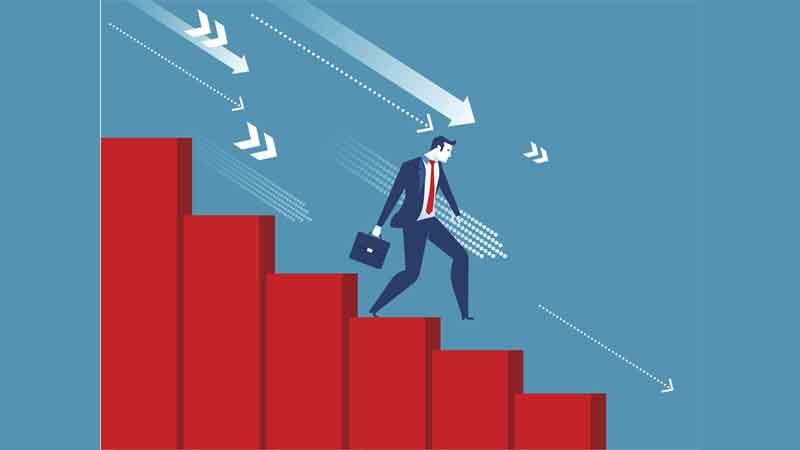
Sri Lanka will have to adopt fiscal and monetary stimulus measures to ease the pressure of an impending global economic recession stemming from the present global crisis, said a well known economist in Colombo last week.
Professor in Economics, University of Colombo Sirimal Abeyratne said Sri Lanka will feel the pain of the global economic recession soon as it also follows a lockdown policy and added that policy intervention to boost the economy is crucial to soften the impact of the economic downturn.
“In the short-run, countries will have to adopt monetary and fiscal stimulus as typical policies to minimise the negative repercussions of economic recessions,” Prof. Abeyratne said, adding that the issue is how far countries can go on with each one.
“Monetary stimulus is concerned with making money plenty and credit cheaper. Fiscal stimulus implies increased government spending, apparently with credit-financing,” he said.
Prof. Abeyratne said there are limits in both. In the long-run, it is necessary to revive supply-side policies aimed at investment and productivity growth. In this case, recessions provide valuable opportunities to correct some of the deep-rooted policy weaknesses that have hindered economic growth, public finance and external finance.
A recession is a major decline in general economic activity in a country or region for two consecutive quarters.
“Globally, it is creating an economic recession again. Lockdown policy measures aimed at fighting the spread of the coronavirus means a lockdown in all types of economic activity,” Prof. Abeyratne said, adding that economic recessions are created by falling aggregate demand or aggregate supply.
He said this one has roots in both so that countries such as Sri Lanka will experience economic repercussions from both sides. It means, contraction in the volume of economic activity affecting the rate of growth with implications on incomes and jobs as well as on poverty. In addition, domestic and international trade contracts, consumption and investment falls, and government revenue declines too.
Dr. Ganeshan Wignaraja who heads the Lakshman Kadirgamar Institute of International Relations and Strategic Studies said last week that Sri Lanka’s economy will record a growth in the range of last year’s under a short outbreak and a limited global economic impact of the coronavirus.
However, economists firmly believe that under a prolonged scenario there will be severe stress on the local economy.
The Central Bank revised its growth projections for Sri Lanka in 2020 to 3.5 to 4 percent from the previous forecast of 3.7 and above 4 percent growth. The Organisation for Economic Co-operation and Development (OECD) warned the world will take years to recover from the coronavirus pandemic.
It notes that global growth halving to 1.5 percent this year looked too optimistic.
The International Monetary Fund projected global economic growth to rise from an estimated 2.9 percent in 2019 to 3.3 percent in 2020 and 3.4 percent for 2021—a downward revision of 0.1 percentage point for 2019 and 2020 and 0.2 for 2021 compared to those in the October World Economic Outlook (WEO).
